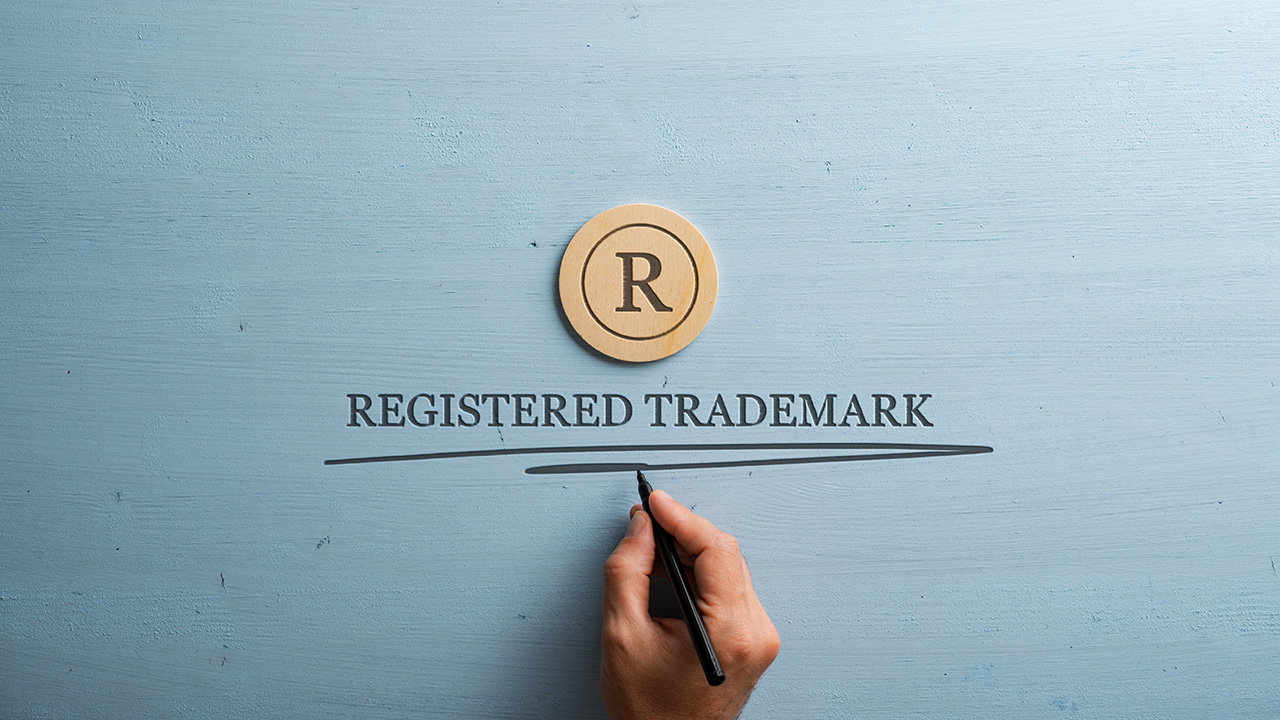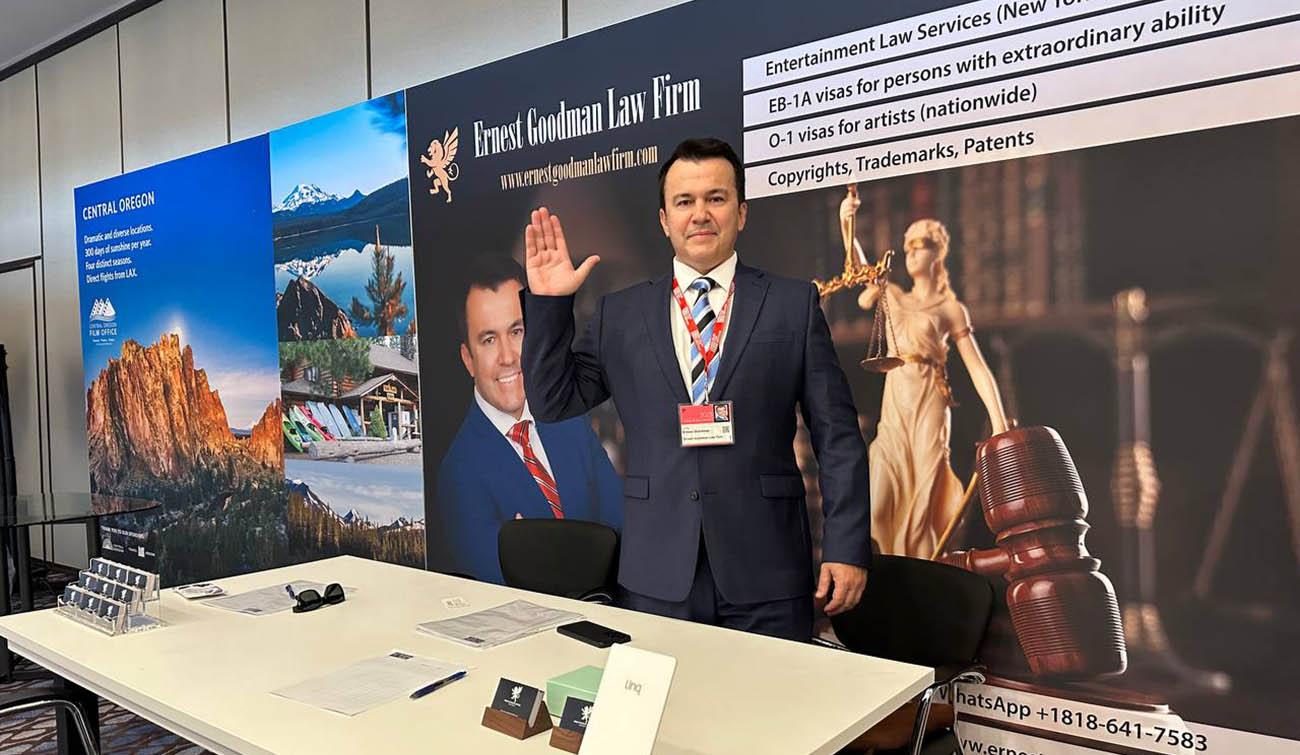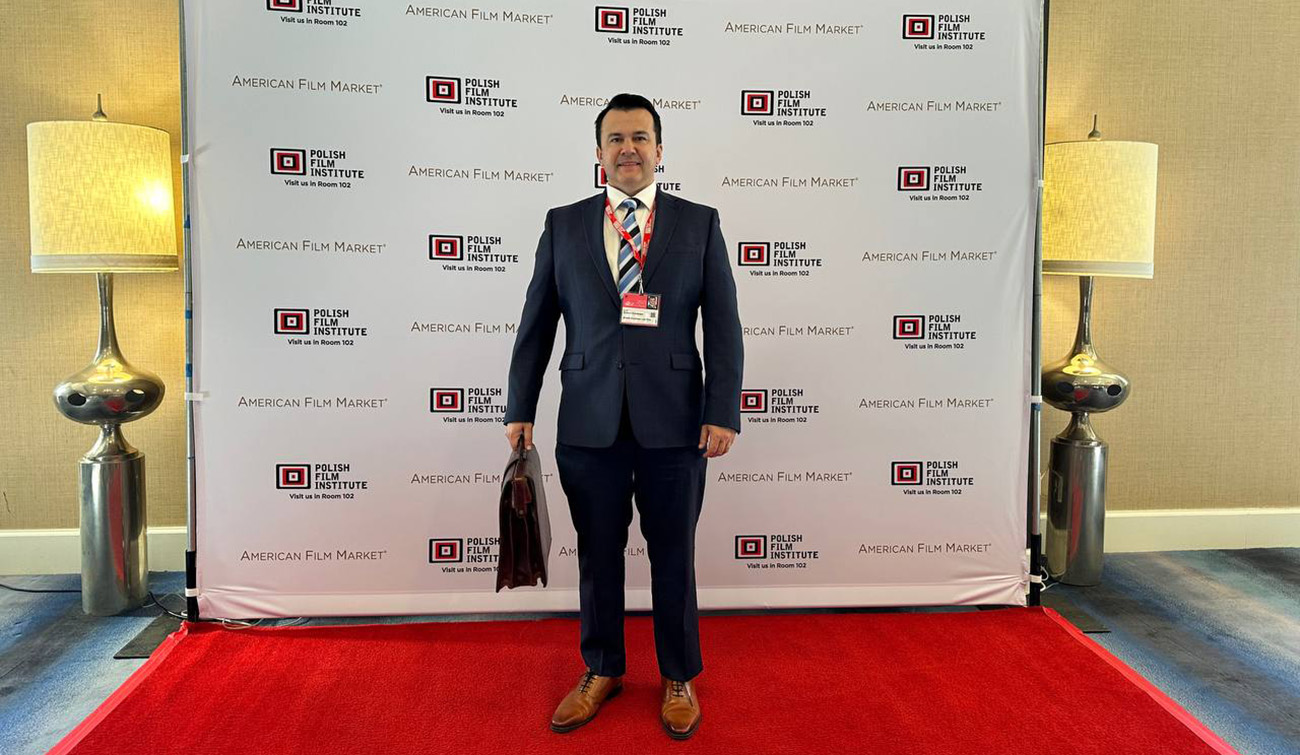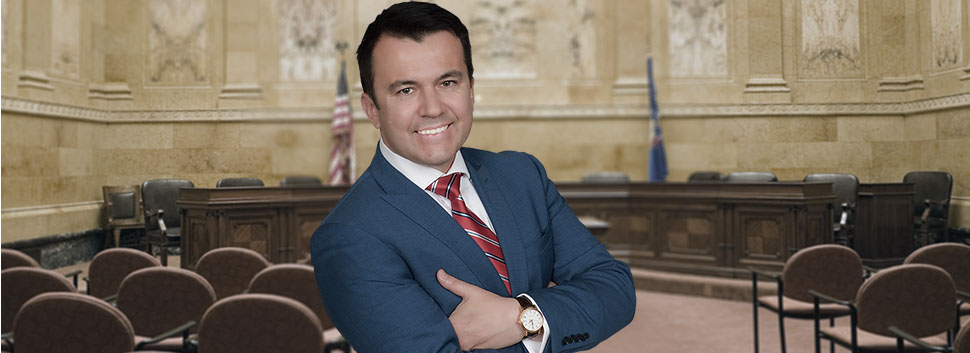How New AB-5 Law Affects the Entertainment Industry in California
The state's attempts to regulate gig drivers working for companies like Uber and Lyft have had unintended consequences, particularly impacting the independent film industry. While the legislation was designed to address issues surrounding worker classification and ensure fair treatment for gig economy workers, its broad scope has inadvertently ensnared freelance professionals in other sectors, including filmmaking....
Continue reading














